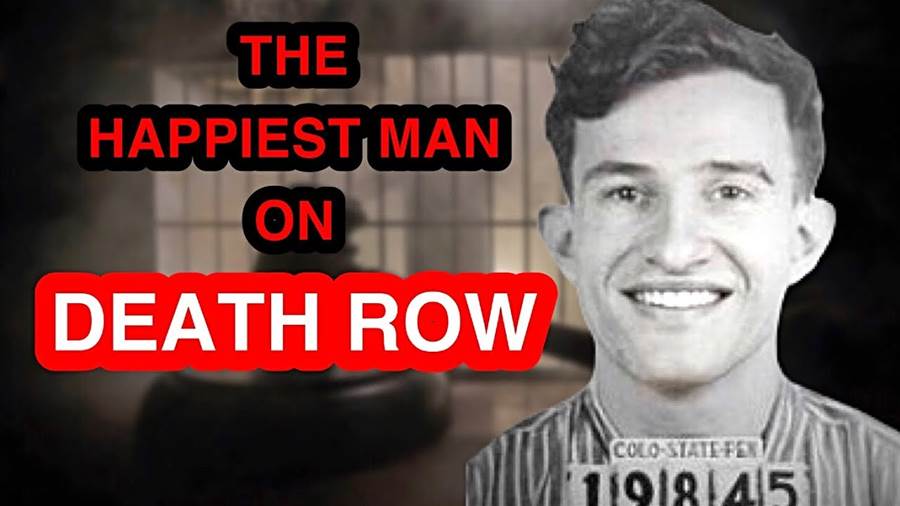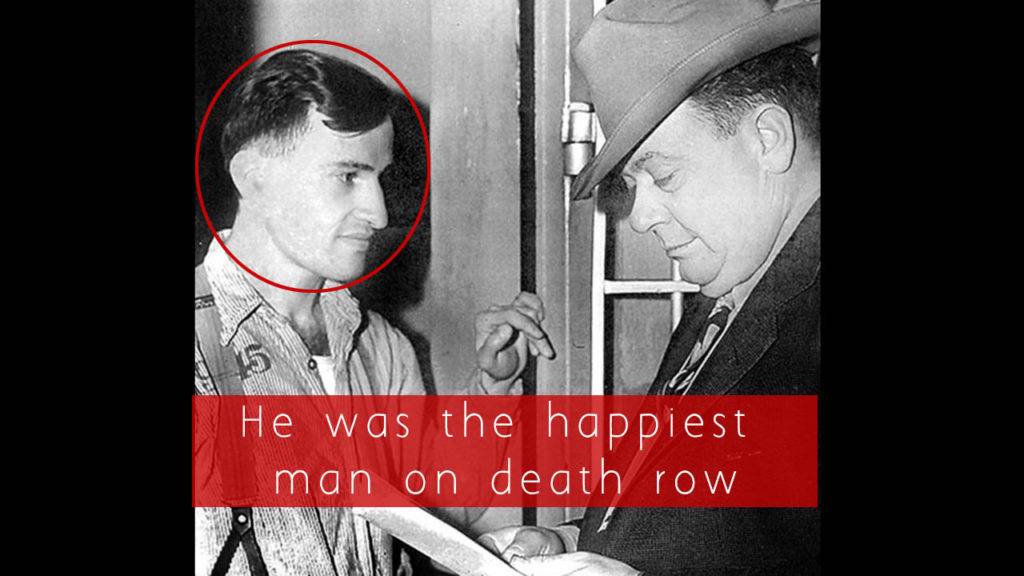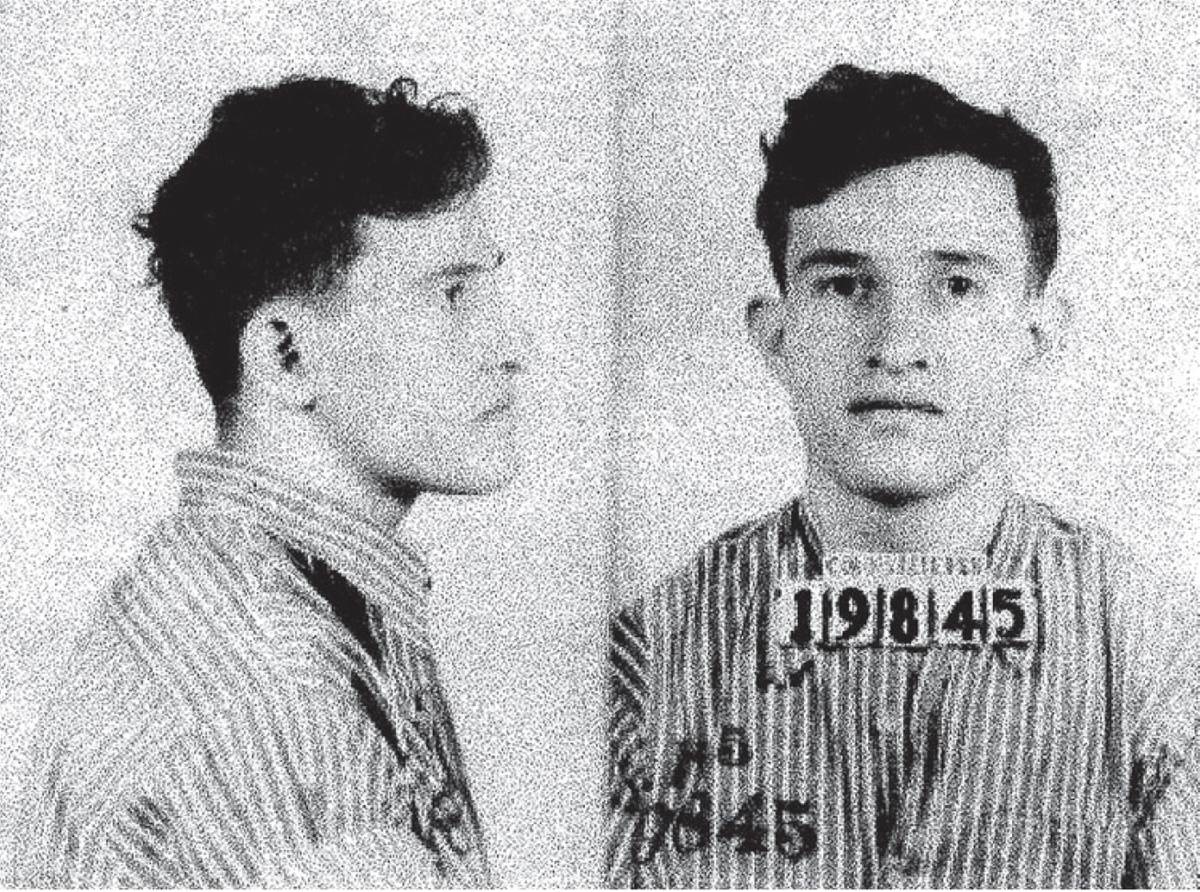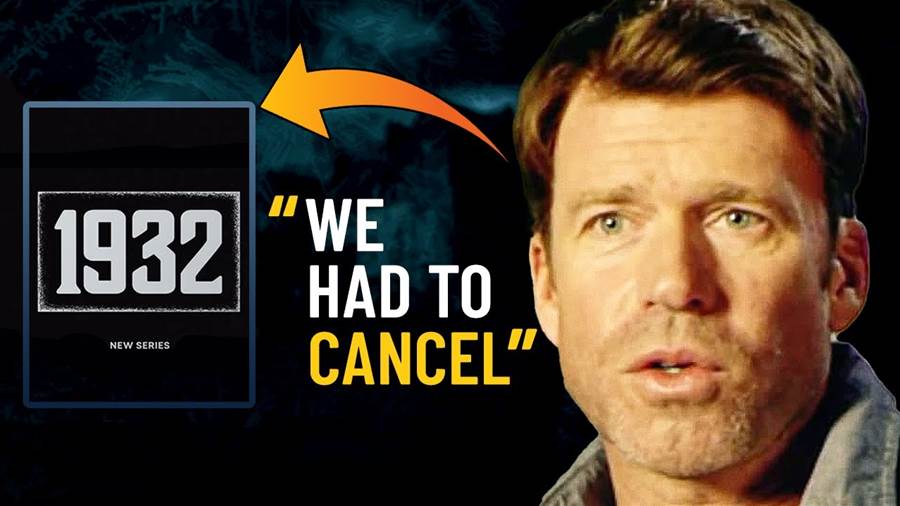
Imagine being a child in a man's body, unable to comprehend the world around you, and then finding yourself condemned to death for a crime you didn't commit. This was the fate of Joe Arridy, a 23-year-old with the mind of a six-year-old, whose wrongful execution remains one of the most heartbreaking miscarriages of justice in American history.
In the summer of 1936, the small town of Pueblo, Colorado, was rocked by the brutal murder of 15-year-old Dorothy Drain.

Joe Arridy’s mental capacity was so limited that he struggled with basic concepts like colors and shapes. Yet, this did not prevent the police from extracting a confession from him. During interrogations, Joe was led into admitting to the crime, despite not knowing the details of what he was supposedly confessing to. His inability to understand the gravity of his situation was evident when he reportedly smiled upon hearing he was sentenced to death, completely unaware of what the punishment entailed.
The real perpetrator, Frank Aguilar, was later arrested and confessed to the crime, but by then, the wheels of justice had already turned against Joe.
Joe’s time on death row was marked by his endearing simplicity. He spent his days playing with a toy train set, a gift from the prison warden, Roy Best, who later described Joe as "the happiest man on death row." Joe’s lack of understanding about his impending execution was both tragic and poignant.

More than seven decades after Joe Arridy’s execution, the state of Colorado finally recognized the grave injustice done to him. In 2011, Governor Bill Ritter granted Joe a posthumous pardon, officially acknowledging that Joe had been wrongfully convicted and executed.
The pardon, while symbolic, serves as a stark reminder of the dangers of a flawed justice system—especially when it comes to individuals who are unable to defend themselves. Joe’s story has since become a powerful example of the need for reform in the legal system, particularly in cases involving vulnerable populations like those with intellectual disabilities.
Joe Arridy’s case is more than just a tragic footnote in history; it’s a chilling reminder of how the rush to judgment and a lack of empathy can lead to irreversible consequences.

What are your thoughts on Joe Arridy’s tragic story? Do you think enough has been done to prevent similar cases of wrongful conviction? Share your views and join the conversation below.



















